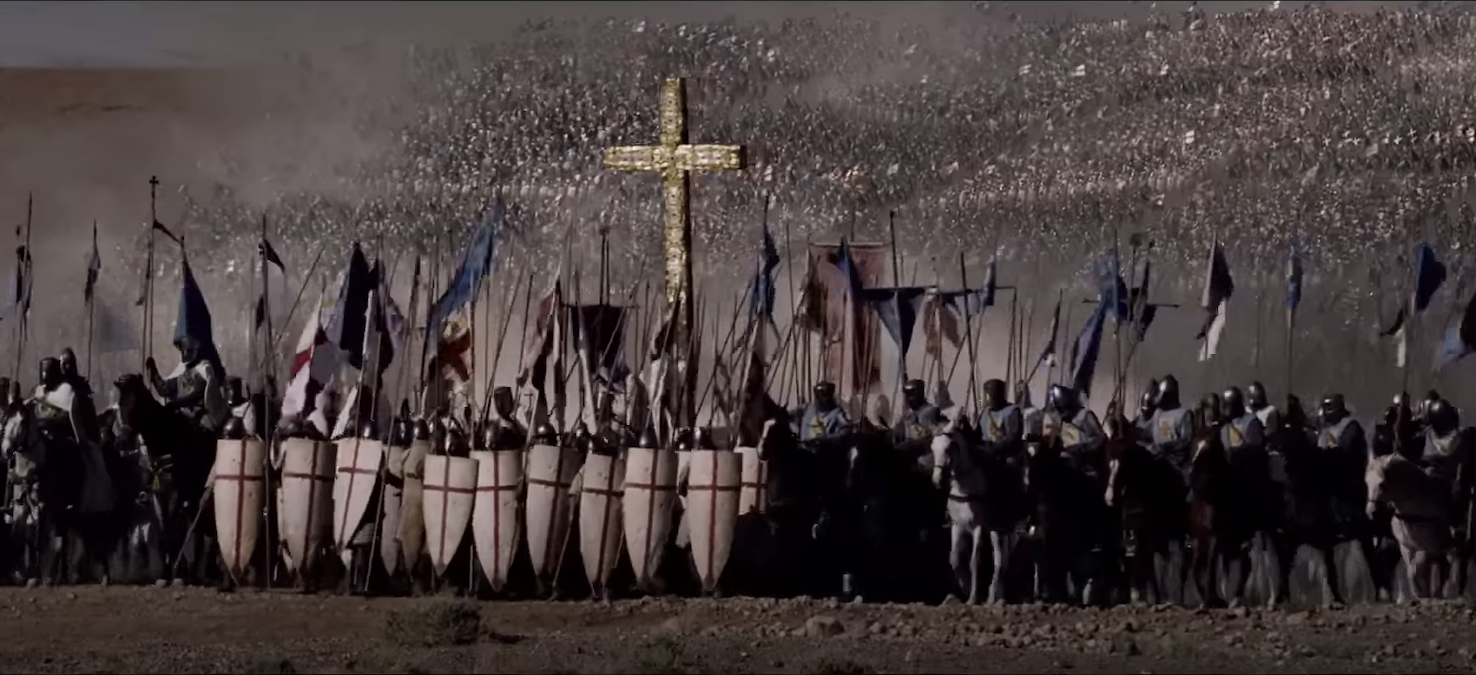Walt Disney Studios is reportedly seeking fresh movie concepts aimed at attracting young men back to theaters, particularly those in the Gen Z demographic, defined as ages 13 to 28. This initiative comes as the studio faces challenges in its established franchises, including Star Wars and the superhero genre, which have seen declining audience engagement.
According to a report by Variety, Disney is looking for original intellectual properties (IP) and pitches that include adventurous themes such as global quests and treasure hunts. The studio is also interested in seasonal films, particularly those that align with Halloween.
The push for new content is seen as a response to the diminishing returns from recent projects. Disney has historically profited from a steady stream of Marvel superhero films and Star Wars entries, but critics argue that mismanagement has led to a depletion of these franchises’ appeal.
“Disney has made a fortune churning out forgettable Marvel superhero films and much-maligned Star Wars entries over the last two decades,” said John Daniel Davidson, a senior editor at The Federalist. “But those wells have run dry.”
Davidson suggests that the studio’s current strategy may not resonate with young men, citing a need for narratives that reflect traditional masculine virtues. He argues that young male audiences are often turned off by portrayals of female empowerment that overshadow male characters or narratives that emphasize social issues over adventure and heroism.
“You cannot appeal to young men with ‘girl power’ themes or by overly emphasizing LGBTQ+ issues,” Davidson stated. “What young men want are stories of adventure, adversity, and heroism. They want to see real men who are willing to sacrifice for a greater good.”
The call for new content aligns with broader trends in Hollywood, where studios are increasingly aware of the need to diversify their offerings to attract various audience segments. However, some industry insiders remain skeptical about whether Disney can pivot effectively without alienating its existing fan base.
Critics of Disney’s approach argue that the studio’s previous focus on inclusivity and social messaging has led to a disconnect with certain demographics. “The challenge for Disney is to balance its commitment to diversity with the need to create engaging content that appeals to a wider audience,” said a film industry analyst who requested anonymity.
As part of this renewed focus, Davidson highlights upcoming projects from other filmmakers that he believes resonate with young male audiences. Christopher Nolan’s adaptation of Homer’s Odyssey, set for release next summer, and Mel Gibson’s upcoming film “The Resurrection of the Christ” are examples of narratives that may attract this demographic.
Davidson also emphasizes the importance of creating stories that celebrate American values and history. He suggests that Disney should consider producing films about historical figures and events that reflect traditional narratives, such as the American Revolution or the exploits of European explorers.
“If Disney wanted to appeal to young men, it could easily create films that are unapologetically American and Christian,” Davidson concluded. “But to do that, it would have to move away from its current ideological stance.”
As Disney navigates these challenges, the outcome of its efforts to engage young male audiences remains to be seen. The studio’s ability to adapt may determine its success in revitalizing its film offerings and attracting a new generation of moviegoers.
READ ICE Arrests Convicted Criminals in Nationwide Operation



